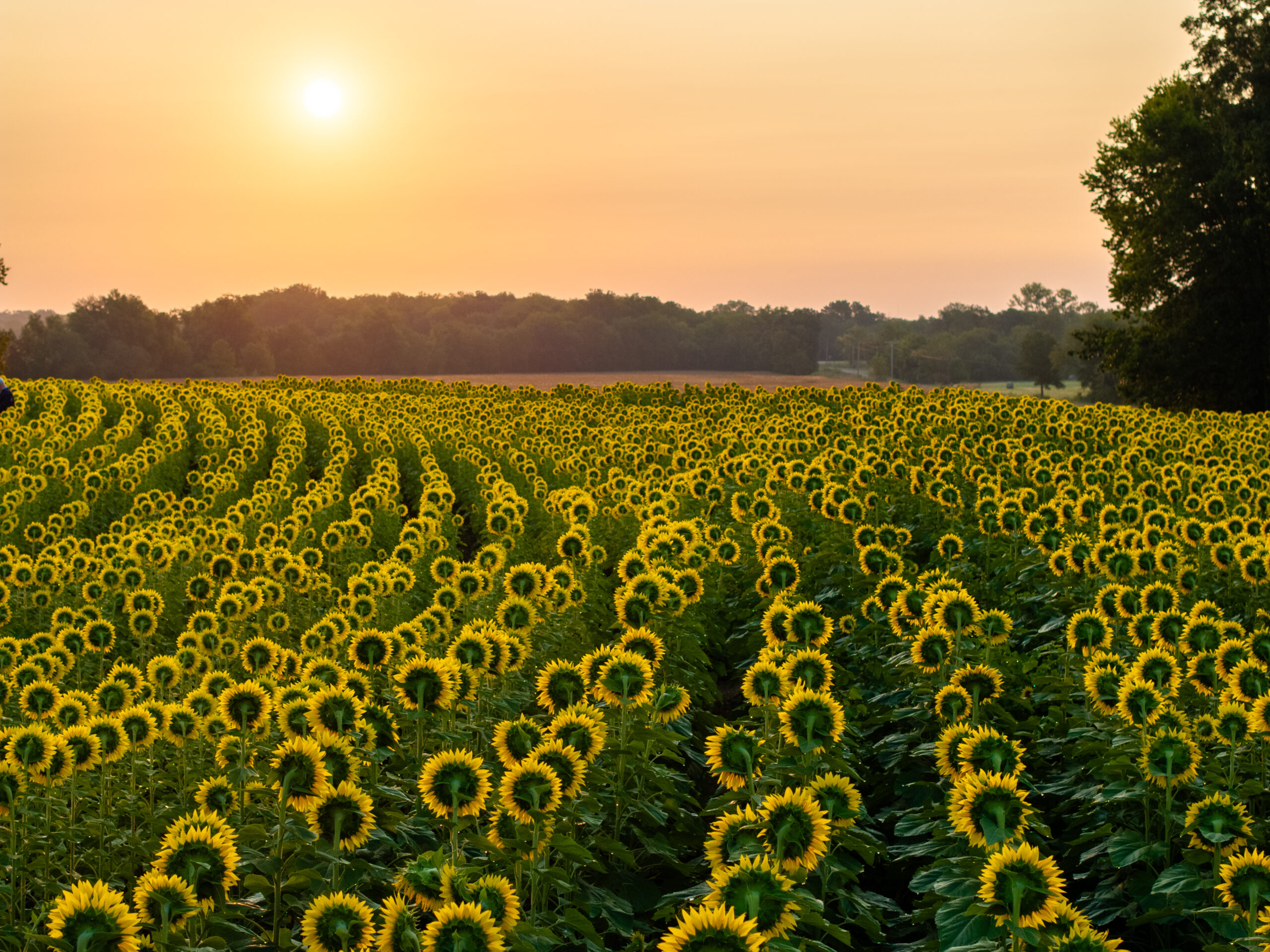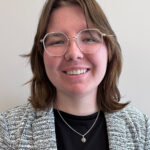

Farmers in Kansas and across the U.S. can now assess the state of their crops via satellite, thanks to the Sentinel GreenReport Plus. Researchers at the University of Kansas, with help from KansasView and TerraMetrics Agriculture, made the project possible.
The free tool uses Google Earth Engine and Copernicus Sentinel-2 satellites to help users check crops for vegetation greenness and overall crop health. It uses various map settings to compare crops’ conditions to those of previous months or years. For instance, these comparisons can be used to determine if the crops are suffering from drought.
The tool is user-friendly so anyone, from large-scale agricultural producers to mom-and-pop farming operations, can access the information, KansasView Director Dana Peterson told KU News.
“The Sentinel GreenReport Plus has a clear impact; scientists at the Kansas Biological Survey work on a wide range of topics that are important to Kansas,” said Sara Baer, director of the Kansas Biological Survey & Center for Ecological Research. “Among these are research on harmful algal blooms in Kansas reservoirs, perennial agriculture, soil health, prairie restoration.”
KU researchers’ discoveries have resulted in the launch of more than 50 start-up companies, according to a 2025 economic impact report. TerraMetrics Agriculture is one of these start-up companies and has licensed the use of the Sentinel GreenReport Plus. In 2022, KU start-up companies supported 568 jobs and generated almost $90 million for Kansas.
Researchers at the Kansas Biological Survey are working on many projects, such as tracking monarch butterflies and surveying rare species. The Kansas Biological Survey also has labs focusing on terrestrial research (studying native medicinal plants or how various plant species interact) and aquatic research (assessing harmful microscopic algae). And researchers can work on even more cutting-edge projects like the Sentinel GreenReport Plus with support from donors. For information on these research areas and more, visit the Kansas Biological Survey website.
“The Kansas Biological Survey could benefit immensely from more donations specifically to support research,” Baer said. “Donations to the Kansas Biological Survey are largely used to provide research awards to students, support outreach activities, maintain natural areas used for research and education, and add interpretive signage to publicly accessible parts of the KU Field Station.”
Philanthropy is essential for fueling KU. It helps researchers develop big ideas and make those ideas a reality. Interested in supporting big ideas at the Kansas Biological Survey? You can give to student research awards, internships and grants through the Student Research Fund and to the Kansas Biological Survey’s greatest needs through the Center for Ecological Research Endowment. For questions, reach out to Michael Arp, assistant vice president for development at KU Endowment, at 785-832-7410 or [email protected].
While we strive for perfection, typos happen. Please report them.
1891 Constant Ave, Lawrence, KS 66047 | PO Box 928, Lawrence, KS 66044 | 785•832•7400 | 800•444•4201